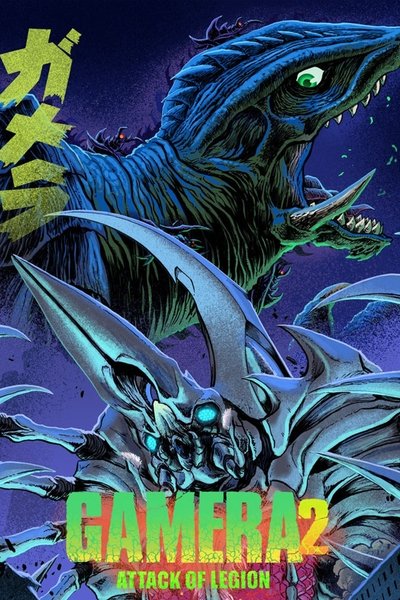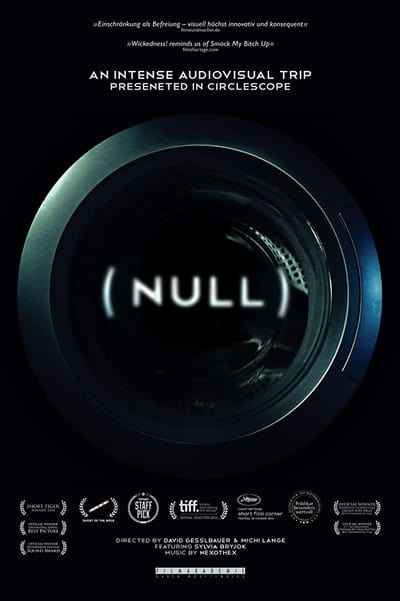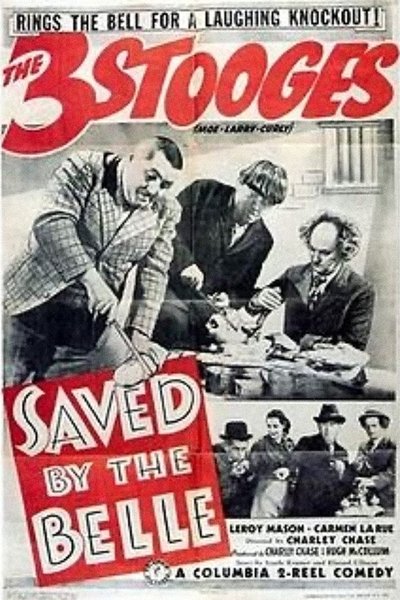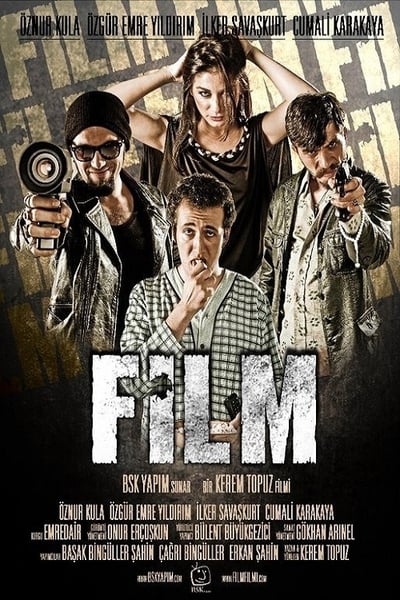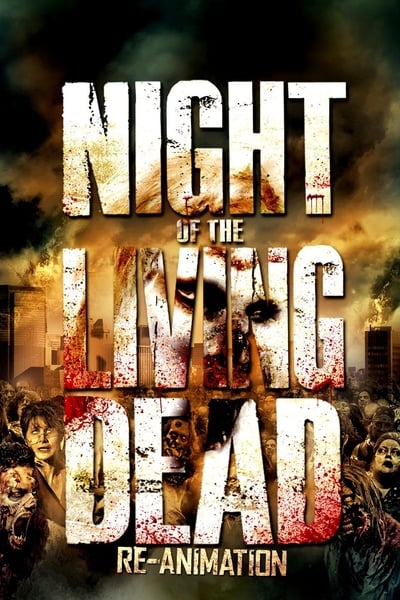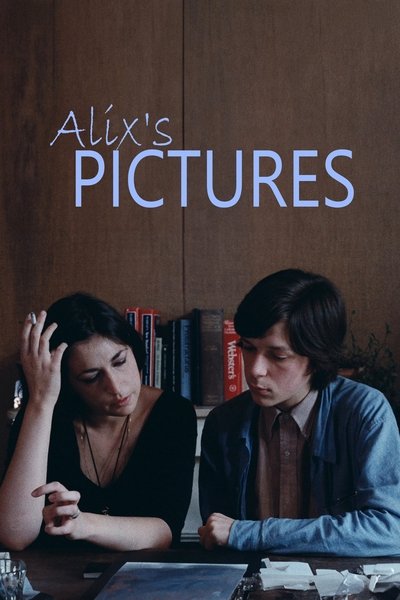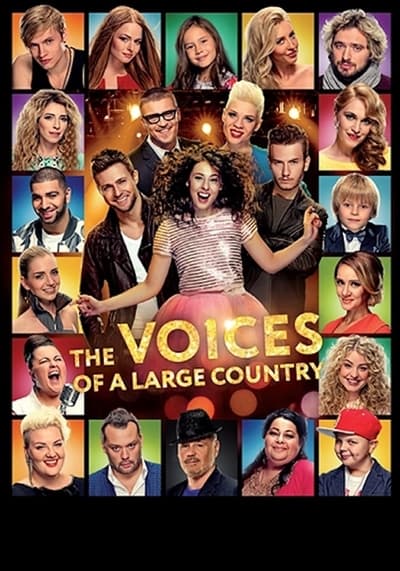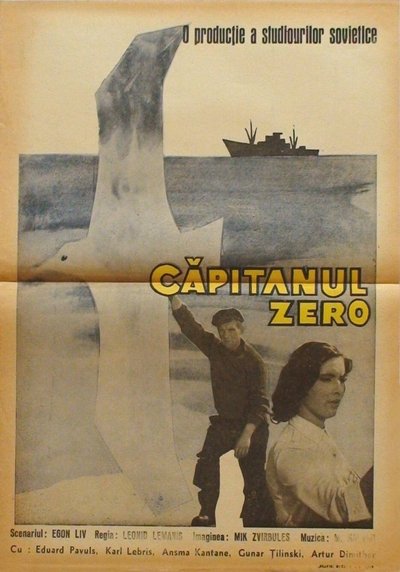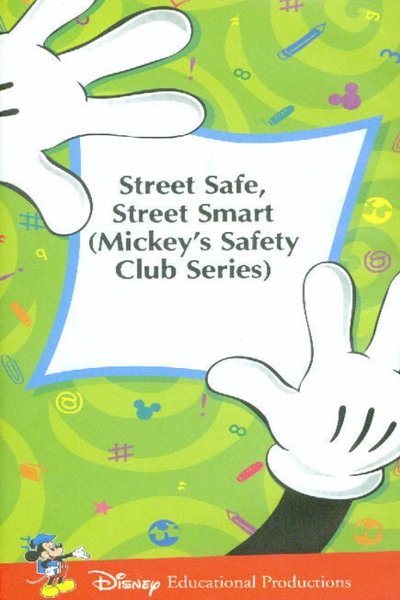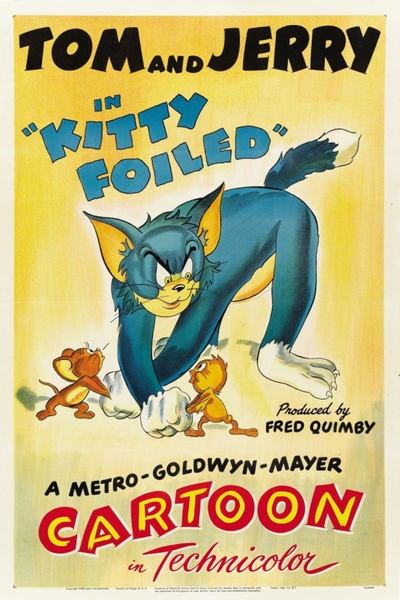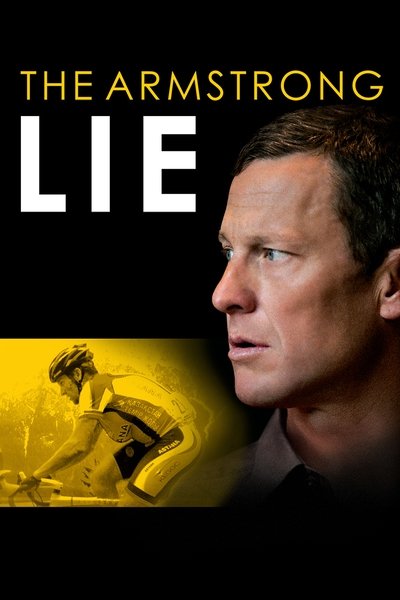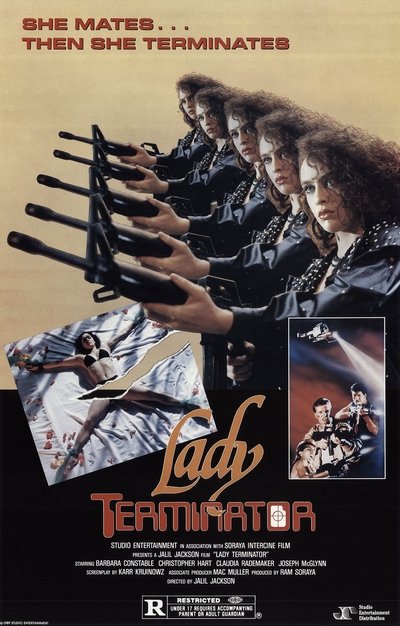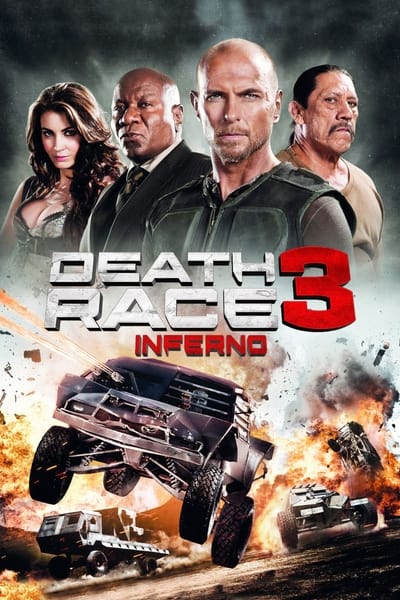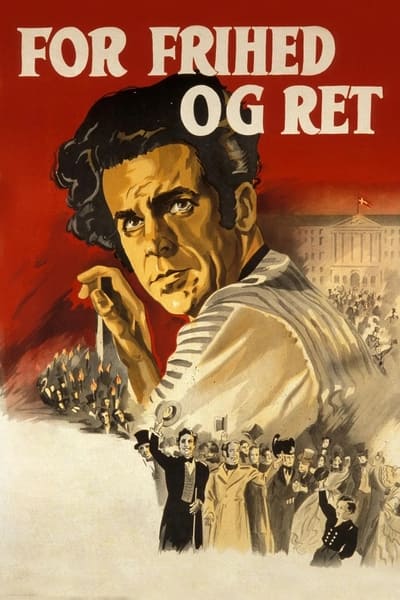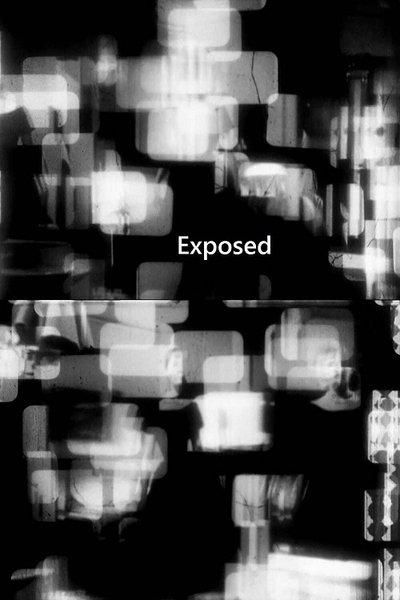
Exposed
Exposed uses short scene from a feature film – a man observes a dancing woman through a keyhole – as the raw material. Solely fragments of this tableau are visible to the viewer, and Fruhauf "re-exposes" the scene by passing the perforations of a strip of film in front of the projector so that they resemble a moving sieve. While the moving stencil allows us to see no more than portions of the scene, the narration's "peeping tom" motif is repeated in our own perception. Sight can no longer be taken for granted and therefore increases in fascination. Fruhauf also breaks up the intended movement of the found footage on the temporal level. The apparent irregularity of the fields of light scanning over the strip of film is juxtaposed with a metronomically precise rhythm which segments the scene. Successive shots often vary to no more than a minimal degree. Similar to a record album with a crack, the progression shifts in minute but regular ways.

Storyline
Exposed uses short scene from a feature film – a man observes a dancing woman through a keyhole – as the raw material. Solely fragments of this tableau are visible to the viewer, and Fruhauf "re-exposes" the scene by passing the perforations of a strip of film in front of the projector so that they resemble a moving sieve. While the moving stencil allows us to see no more than portions of the scene, the narration's "peeping tom" motif is repeated in our own perception. Sight can no longer be taken for granted and therefore increases in fascination. Fruhauf also breaks up the intended movement of the found footage on the temporal level. The apparent irregularity of the fields of light scanning over the strip of film is juxtaposed with a metronomically precise rhythm which segments the scene. Successive shots often vary to no more than a minimal degree. Similar to a record album with a crack, the progression shifts in minute but regular ways.

